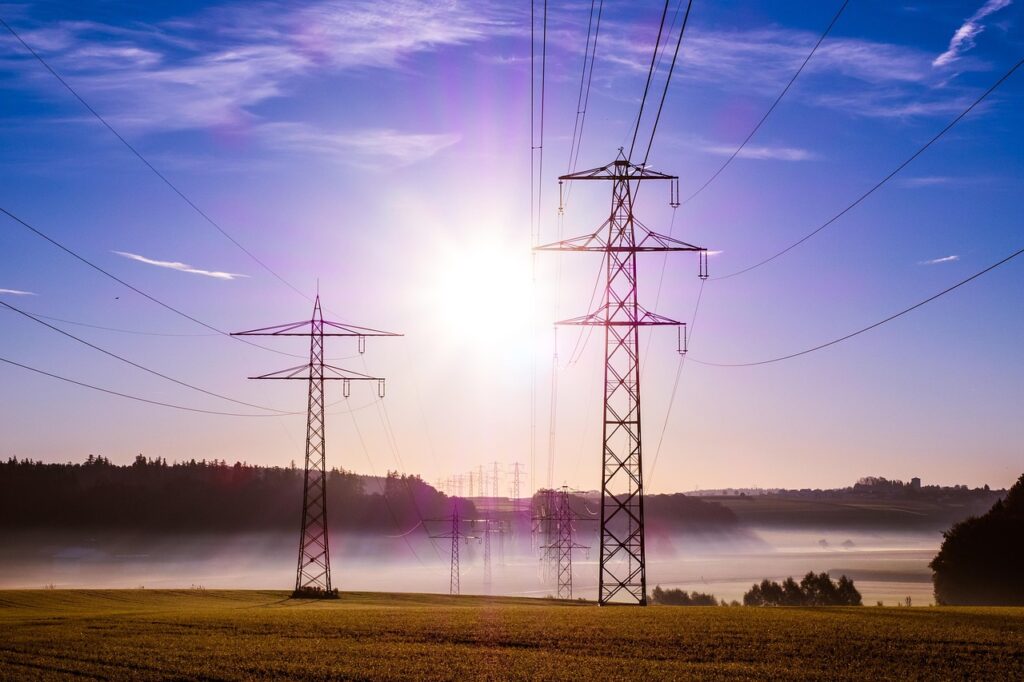When purchasing a property at an auction, many buyers worry about hidden costs that could surprise them. These unexpected expenses can be problematic if you’re not financially prepared. If you don’t have enough cash on hand, your process of securing the auction (lelong) property may come to a halt. In the worst-case scenario, you could lose the 10% deposit you placed to enter the auction.
However, there’s no need to stress. We are here to guide you by providing information on the hidden costs generally associated with buying auction properties. With this information, you can confidently ensure you have the necessary funds for the purchase.
Title Transfer Fees
In the case of bank auctions (LACA), there is typically a title transfer fee that applies between the buyer and the developer. The cost can vary significantly depending on the property in question. It’s crucial to verify whether the developer allows for a direct transfer, as this is the most affordable option for title transfer. Title transfer fees are generally categorized into three types:
Direct Transfer
A Direct Transfer occurs when the strata title is still under the developer’s name and ready for transfer. Generally, the developer may charge in one of the following ways:
- Flat Rate: This can range from hundreds to thousands, and should be confirmed directly with the developer.
- 1% of the First SPA Price: This fee is calculated as 1% of the original SPA (Sales and Purchase Agreement) price.
- 1% of Auction Purchase Price: This fee is 1% of the auction sale price, depending on the final auction price.
Double Transfer (Indirect Transfer)
An Double Transfer happens when the strata title has already been issued to the defaulter’s name or the developer does not agree to do Direct Transfer . In this situation, the buyer must pay for both the first transfer (from the developer to the defaulter) and the second transfer (from the defaulter to the purchaser). The entire process typically takes 3 to 8 months and may incur penalty charges from the auction bank. The costs involved include:
- First MOT: The first MOT (Memorandum of Transfer) is based on the original SPA price. For example, if the first SPA is RM600,000, the first MOT fee will be RM12,000.
- Second MOT: The second MOT is calculated based on the auction purchase price. For example, if you bought the auction property for RM350,000, the MOT cost will be RM6,000.
Deed of Assignment (DOA)
A Deed of Assignment (DOA) applies when the strata title has not yet been issued, and the property cannot be transferred to the purchaser’s name. Fees for DOA cases vary depending on the type of property:
- Residential Properties: Generally in the hundreds.
- Commercial Properties: Generally in the thousands and above, depending on the first SPA price. Developers may charge either 1% of the first SPA or 1% of the purchase price for commercial properties with a deed of assignment.

Unpaid Maintenance Fees, Quit Rent, Assessment Fees
Unpaid maintenance fees can become a significant burden for the buyer, as they will need to settle these fees before receiving approval from the management office to ensure the property title can be transferred smoothly.However, there is a chance to claim back some of these fees as banks may cover the outstanding. However, it’s important to review the Purchase Order (POS) to determine what is covered,to what extent and/or any time frame stipulated by the banks.
- Bank Auction Cases (LACA): While most banks covers a portion of these fees, the buyer must first pay off the outstanding charges before claiming reimbursement from the auction bank, after the title has been successfully transferred.
- High Court Cases (Non-LACA): For High Court cases (Non-LACA), banks do not normally cover any of the outstanding maintenance fees.

Unpaid Utilities
Generally banks do not cover unpaid utilities such as electricity, water and sewerage. Although rightfully the previous owner should pay for these, the key is to ensure the utility companies supply required utilities to your premises and funds should be allocated for this.
Developer Fees
Occasionally, developers may impose custodian or title safekeeping fees, which can be significant. These fees are set by the developer and can vary from one unit to another. It’s advisable to verify the exact amount of these fees to ensure they’re factored into your total cost. However, please note this is quite uncommon.

Extension of Time Penalty
Should the transfer not be able to be completed within the specified timeframe in the Proclamation of Sale (POS), extension applied. However, this will result in penalty and interest will be charged on the remaining balance of the purchase price, typically at 8% per year.
Stubborn Tenants
If the auctioned property has existing tenants, it becomes the purchaser’s responsibility to handle their eviction. You could visit the property to inform the tenants that you’re the successful bidder. At that point, you can either propose a new tenancy agreement or request that they vacate within a reasonable time frame. If the property is occupied by the previous owner, approach them politely to discuss the situation. If the tenants or owner refuse to cooperate, you may need to hire a lawyer to initiate legal action for vacant possession. This process can take months and may lead to additional costs.
Condition of the Property
Auction properties can usually only be viewed from the outside, so any internal defects won’t be known until the sale is finalized. Furthermore, some auction properties could have been vacant for a period, which means they may require repairs or refurbishment, adding extra costs. Therefore it is always important to conduct a site visit of the property before bidding to get a general understanding of the property’s condition and a rough budget for potential repairs.
Feel free to contact us for further enquiries and potential solutions 🙂
